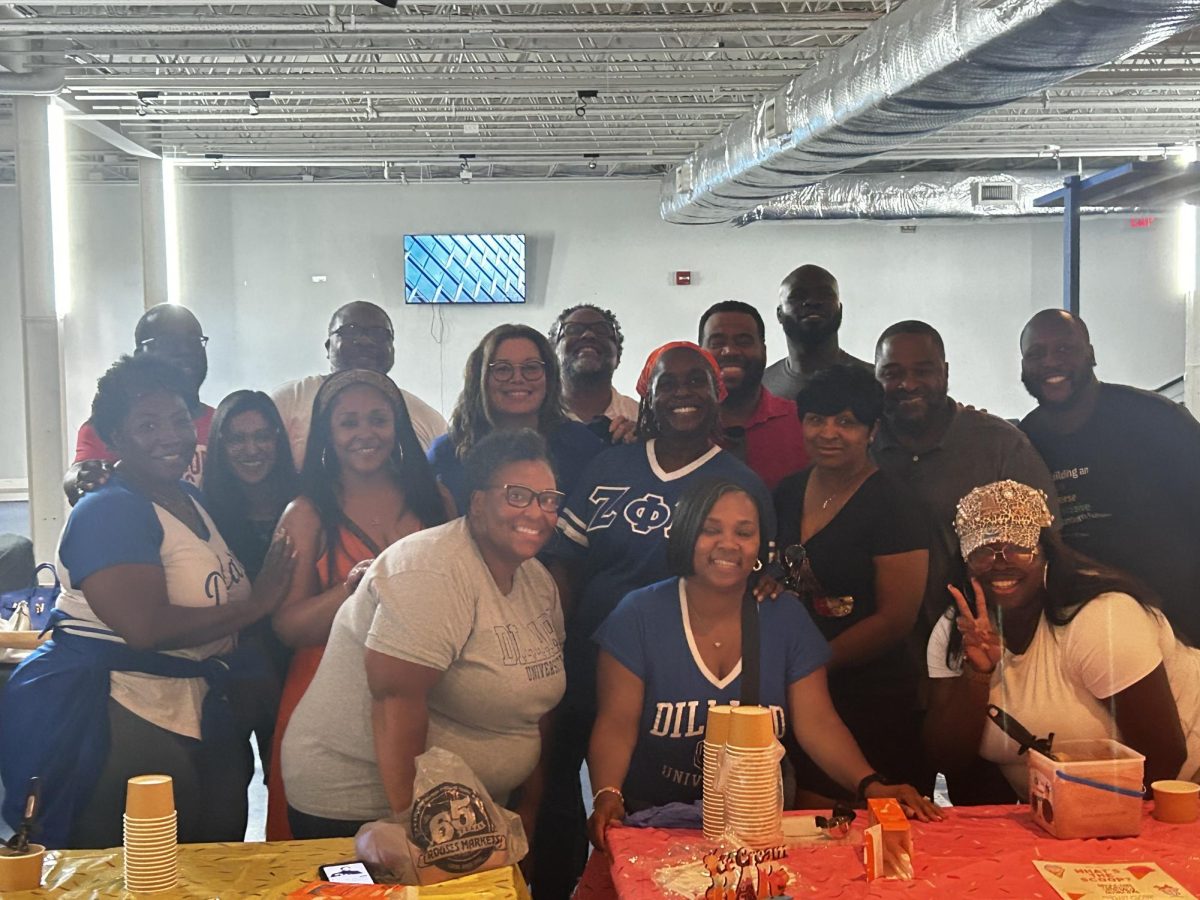
NEW ORLEANS (February 19, 2021) – Historically black colleges and universities have always been the pride and joy of African-Americans, but the rest of the world is finally catching on.
Since the inauguration of Vice President Kamala Harris, HBCUs are getting more of the respect they deserve.
Some 107 HBCUs comprise 3 percent of the country’s colleges and universities and enroll only 10 percent of all African-American students. Yet HBCUs produce almost one-third – 29 percent – of all African-American graduates, according to the United Negro College Fund.
My Alpha Kappa Alpha Sorority sister, Harris – a graduate of Howard University – is a list of firsts all by herself. She is the first woman, African-American, Indian-American and HBCU graduate to be elected vice president of the United States. This is monumental for the nation and specifically for HBCU alumni and students.
HBCUs were created to give African-Americans access to post-secondary education. Prior to the Civil War, African-Americans were denied admission to predominantly white institutions. The Institute for Colored Youth saw a need for higher education among African-Americans and founded the first black higher education institution in Cheyney, Pennsylvania, in 1837.
As former President George Bush said, “At a time when many schools barred their doors to black Americans, these colleges offered the best, and often the only, opportunity for a higher education.”
HBCUs are getting more positive notice and for good reason. Approximately one-third of HBCUs have experienced record increases in applications and enrollment over the past three years, according to the Rutgers Center for Minority-Serving Institutions.
And a new LinkedIn study shows HBCU grads are defying the current economic downturn. The black college graduate hiring rate increased from 5.9 percent from 2016-19, when the job market was stronger; but even today, the study says, HBCU grads lost jobs at a slower pace than the general population.
African-Americans have always known the power of HBCUs. They have produced 80 percent of the nation’s black judges and 50 percent of black doctors, according to the Network Journal.
This is our time as HBCU students to shine. We must take advantage of this spotlight.
Multi-million-dollar companies are pledging and investing in HBCUs. For example, Apple announced on Jan. 13 a pledge of $25 million to create a “first-of-its kind innovation and learning hub for the HBCU community” called the Propel Center.
“The center is designed to support the next generation of diverse leaders, providing innovative curricula, technology support, career opportunities, and fellowship programs,” according to a press release by Apple Jan. 13.
Philantrophist MacKenzie Scott, the ex-wife of Amazon founder Jeff Bezos, has donated more than $4.2 billion to more than 384 organizations, including at least eight HBCUs. (Dillard University was a beneficiary, receiving $5 million from Scott, its largest single donation.) Scott’s largest donation of $50 million went to Prairie View A&M University, an HBCU in Texas.
Opportunities for HBCU students are limitless. Recently, I have received more offers for potential internships and jobs than I have in all my years at Dillard. Companies are creating positions specifically for HBCU students.
And although we are being considered equals to our white competitors, we must remain more prepared than ever. Our status as an HBCU student may get us in the door, but the same education must keep us there.
Professionalism is the key retaining any working relationship. We must bring the knowledge from convocation, professional workshops and Zoom etiquette to the workplace. We will always have to be 10 times better than everyone else, no matter who is in office.
Networking and fostering relationships are also important. As we graduate from Dillard University, the world will no longer be our “black utopia.” It is on us to build relationships within companies, black and white, to advance in the workplace.
Harris has opened the door, but we must keep the door open.





























